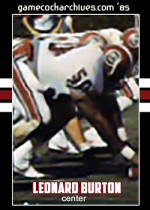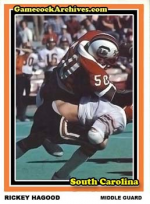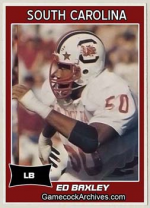Gamecock Fanatics
You are using an out of date browser. It may not display this or other websites correctly.
You should upgrade or use an alternative browser.
You should upgrade or use an alternative browser.
Countdown to Kickoff
- Thread starter Swayin
- Start date
Homebrewcock
GCF Top Poster
Homebrewcock
GCF Top Poster
Homebrewcock
GCF Top Poster
USS Arleigh Burke, DDG-51. Lead ship of the class.
_steams_through_the_Mediterranean_Sea.jpg/1920px-USS_Arleigh_Burke_(DDG_51)_steams_through_the_Mediterranean_Sea.jpg)
https://en.wikipedia.org/wiki/USS_Arleigh_Burke

https://en.wikipedia.org/wiki/Arleigh_Burke
_steams_through_the_Mediterranean_Sea.jpg/1920px-USS_Arleigh_Burke_(DDG_51)_steams_through_the_Mediterranean_Sea.jpg)
https://en.wikipedia.org/wiki/USS_Arleigh_Burke
Arleigh Albert Burke (October 19, 1901 – January 1, 1996) was an admiral of the United States Navy who distinguished himself during World War II and the Korean War, and who served as Chief of Naval Operations during the Eisenhower and Kennedy administrations.
Burke's standing orders to his task force were, "Destroyers to attack on enemy contact WITHOUT ORDERS from the task force commander." After reviewing the Navy's early unsuccessful engagements with the Japanese, he concluded that uncertainty and hesitation had cost them dearly. The lesson was driven home to him at the Battle of Blackett Strait, when his radar operator made first contact with a ship near the shore but Burke hesitated to fire. A battle soon unfolded which ended in a US victory, which only Burke was unhappy with. Reflecting on the events Burke asked a nearby ensign what the difference was between a good officer and a poor one. After listening to the ensign's response, Burke offered his own: "The difference between a good officer and a poor one," said Burke, "is about ten seconds."

https://en.wikipedia.org/wiki/Arleigh_Burke
Last edited by a moderator:
USS Hopping, APD-51. Formerly DE-155.
_underway,_circa_in_1943.jpg)
Hopping's loss is mentioned in the recent Midway movie. Odd that he wasn't portrayed in the movie since Dick Best was Scouting 6's XO when Hopping was shot down during the Marshall Islands raid.
_underway,_circa_in_1943.jpg)
https://en.wikipedia.org/wiki/USS_Hopping_(DE-155/APD-51)History
USS Hopping was named in honor of Lieutenant Commander Hallsted L. Hopping, commanding officer of Scouting Six, embarked on the aircraft carrier USS Enterprise, killed in action during the 1 February 1942 Marshall Islands Raid. LCDR Hopping was the first U.S. Navy aircraft squadron commander to lose his life in World War II. She was launched at the Norfolk Navy Yard, Portsmouth, Virginia, on 9 March 1943, sponsored by Mrs. H. L. Hopping, widow of Lieutenant Commander Hopping; and commissioned on 21 May 1943, with Lieutenant Commander F. D. Giambattista in command.
Hopping's loss is mentioned in the recent Midway movie. Odd that he wasn't portrayed in the movie since Dick Best was Scouting 6's XO when Hopping was shot down during the Marshall Islands raid.
Last edited by a moderator:
Station 51: Engine 51 and Squad 51 from the old Emergency! TV series.


Last edited by a moderator:
USS Atlanta, CL-51.
_steaming_at_high_speed,_circa_in_November_1941_(NH_57455).jpg/1280px-USS_Atlanta_(CL-51)_steaming_at_high_speed,_circa_in_November_1941_(NH_57455).jpg)
_steaming_at_high_speed,_circa_in_November_1941_(NH_57455).jpg/1280px-USS_Atlanta_(CL-51)_steaming_at_high_speed,_circa_in_November_1941_(NH_57455).jpg)
https://en.wikipedia.org/wiki/USS_Atlanta_(CL-51)Atlanta was heavily damaged by Japanese and friendly gunfire in a night surface action on 13 November 1942 during the Naval Battle of Guadalcanal. The cruiser was sunk on her captain's orders in the afternoon of the same day.
USS Helena, CL-50, at left, during the attack on Pearl Harbor. Helena survived a torpedo hit to participate as a key member of the Guadalcanal campaign. At the Battle of Kula Gulf she received three torpedo hits from Japanese destroyers and was sunk. The wreck of the Helena was discovered in was discovered on 11 April 2018 by the research ship RV Petrel, operated by Paul Allen during an expedition to the Solomons to search for the wrecks of warships sunk during the fighting there. Allen confirmed the identity of the wreck through the hull number still visible on the stern. The wreck lies at a depth of about 2,820 ft.
_capsized_at_Pearl_Harbor,_7_December_1941_(80-G-474789).jpg/1280px-USS_Oglala_(CM-4)_capsized_at_Pearl_Harbor,_7_December_1941_(80-G-474789).jpg)
_capsized_at_Pearl_Harbor,_7_December_1941_(80-G-474789).jpg/1280px-USS_Oglala_(CM-4)_capsized_at_Pearl_Harbor,_7_December_1941_(80-G-474789).jpg)





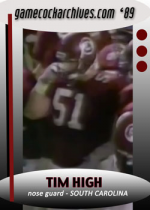
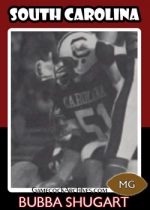
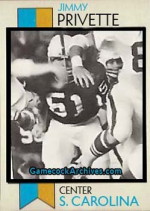
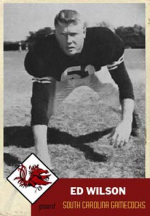
.jpg)


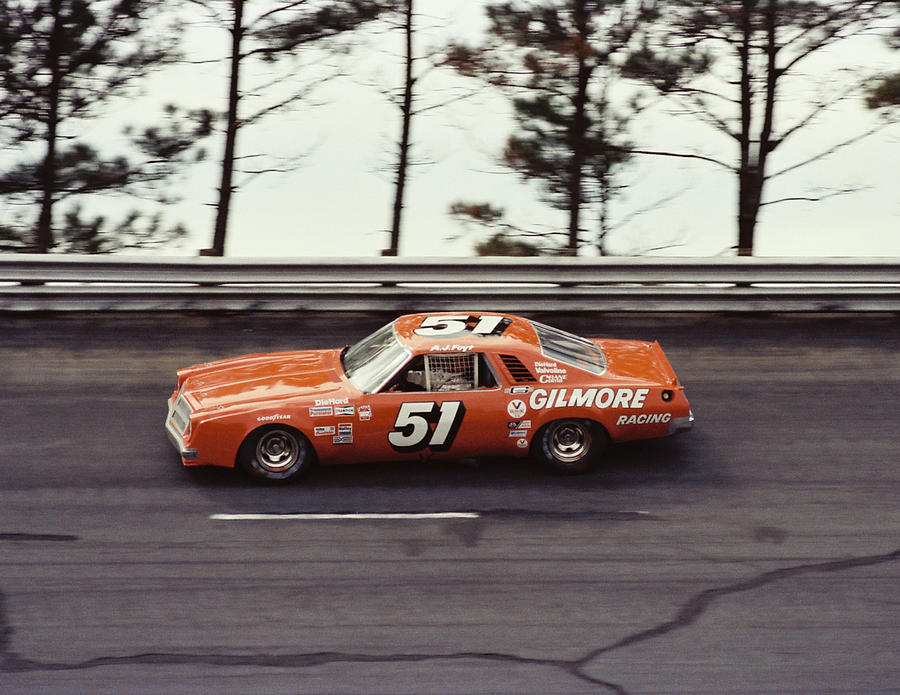
:format(jpeg)/cdn.vox-cdn.com/uploads/chorus_image/image/46270754/usa-today-8149227.0.jpg)





